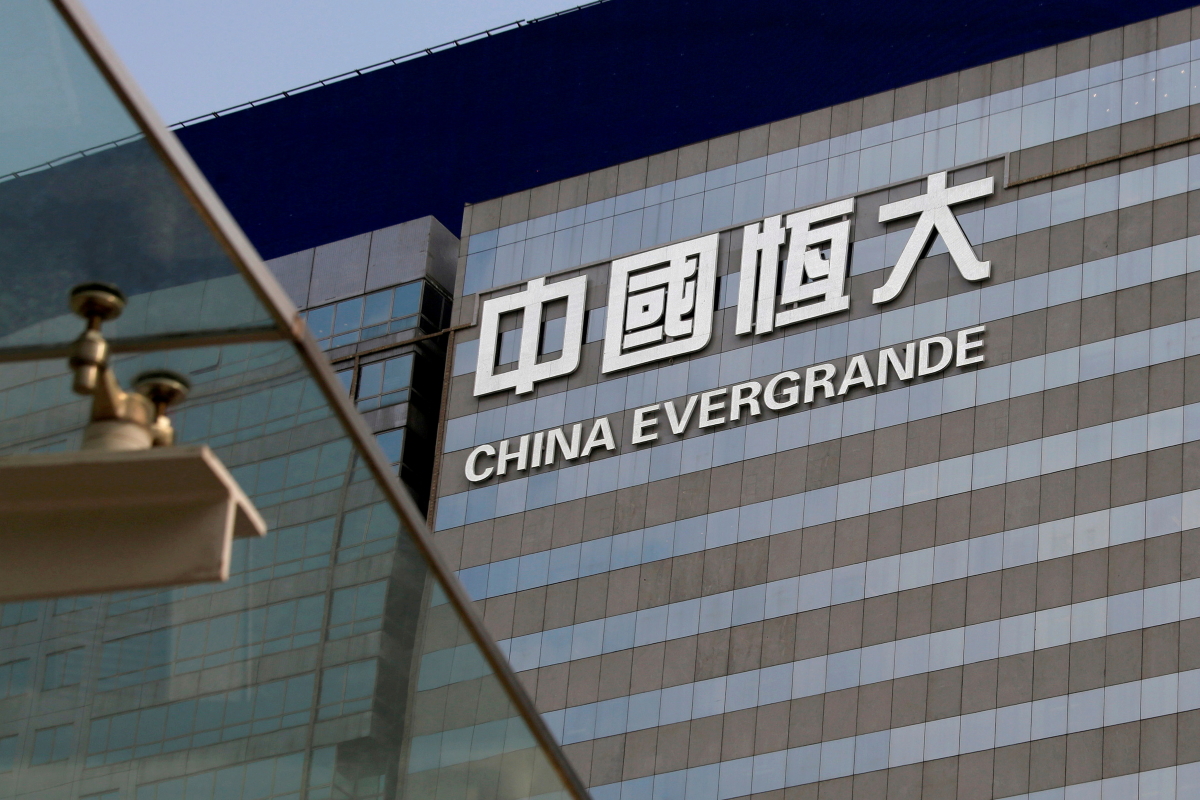As long anticipated, China’s Evergrande Group has defaulted on its debt to global investors. Fitch Ratings labelled Evergrande – China’s largest property developer – and two key subsidiaries to a ‘restricted default’ rating on Thursday, three days after a deadline on coupon payments passed.
‘Restricted default’ means Evergrande has failed to meet its financial obligations but has not yet entered into bankruptcy, liquidation or other proceedings that would terminate its business.
Credit ratings agency S&P Global also said that “default looks inevitable for Evergrande. “The issuer does not seem to be making much progress in resuming construction, given its difficulties in raising new financing,” S&P analysts wrote in a note published earlier this week.
Besides Evergrande, Fitch ratings also put China-based integrated property developer Kaisa Group Holdings into its “restricted default” category after missing payment deadlines for offshore bonds repayment of $400 m on Tuesday.
Both property developers have not officially announced defaults that could result in drawn-out debt restructuring processes. Where Evergrande said last week it planned to forge ahead debt restructuring plans, Kaisa has also reportedly started work on restructuring its $12 bn offshore debt.
Evergrande’s default: “poor management and blind expansion”
With a presence in over 280 Chinese cities, billionaire Hui Ka Yan’s property giant Evergrande has more than $300 bn in liabilities. The Hong Kong-listed company had missed five deadlines for bond interest repayments and currently has close to $20 bn in US dollar bonds outstanding.
Recently, Evergrande had delivered a statement to the Hang Seng stock index, informing the organisation liquidity issues may impact its ability to repay investors. Responding to this, the People’s Bank of China mentioned on its website, “the risks of Evergrande Group are mainly due to its own poor management and blind expansion”.
The ongoing scenario has raised now questions about the ability of Chinese authorities to prevent a larger debt crisis in the country’s property market, which accounts for a significant proportion of China’s economic output.
In recent months, the slowdown in the Chinese real estate sector has gripped financial markets worldwide, amid fears of ripple effects it could have on global growth.
Will Beijing step in?
The big questions in the room is now whether the Chinese government will take a more hands-on role and will step in to manage the fate of indebted property companies. According to experts, the downgrade increases the pressure not only on the companies but also on the authorities to disclose proposals for restructuring.
At last, it looks like Beijing will intervene in some way. For Evergrande, policy makers recently appointed officials from the developer’s home province to help oversee the restructuring process. People’s Bank of China Governor Yi Gang said Evergrande’s situation is a market event and should be dealt with in a market-oriented way.
However, since Evergrande’s call for help last week, China’s regulators assured the market that the developers financial problems would not spill over into the broader economy.
China’s central bank PBOC on Monday lowered the share of deposits that the country’s commercial lenders would have to set aside as reserves. This key monetary easing measure was cut by by 0.5 percentage point. The development is expected to release about $188 bn worth of liquidity into the economy.
China’s Politburo met on Monday and issued a communique that suggested there would be an easing of curbs on the real estate industry. China’s 25 most-senior political leaders also highlighted at the meet that the country will ‘put the word of stability as the top priority’ in its economic decision-making for 2022.
Now investors are also awaiting more announcements from the upcoming annual Central Economic Work Conference, where China’s top leaders are set to convene this week to decide the economic agenda for 2022.
According to analysts, the central government’s concerns are likely to shift to supporting economic growth from deleveraging and regulatory crackdowns.










 Australia
Australia China
China India
India Indonesia
Indonesia Japan
Japan Malaysia
Malaysia Philippines
Philippines Singapore
Singapore South Korea
South Korea Taiwan
Taiwan Thailand
Thailand Vietnam
Vietnam Germany
Germany Hong Kong
Hong Kong USA
USA Switzerland
Switzerland Singapore
Singapore
 United Kingdom
United Kingdom








